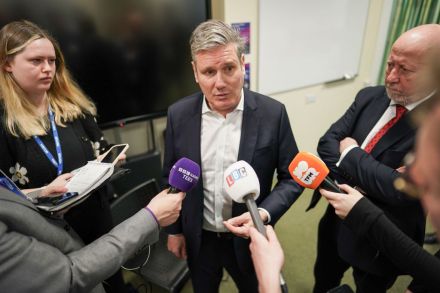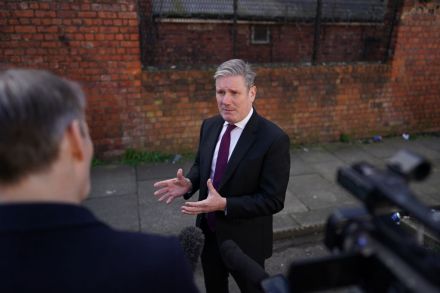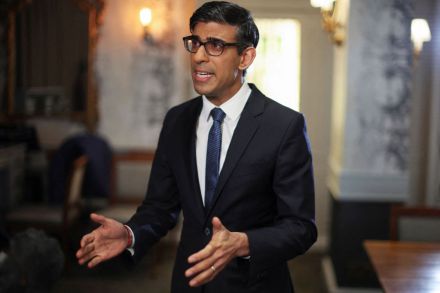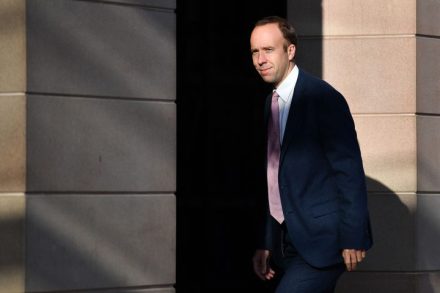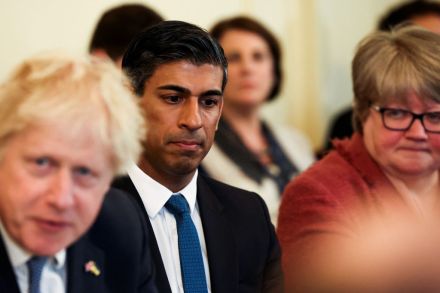Sunak can’t afford to lose Braverman
Back in the early days of the Blair governments, Alastair Campbell was reputed to have a rule for resignations: once a scandal had been in the news for ten consecutive days, a minister had to go. It was a stupid rule because it merely encouraged parliamentary lobby journalists to keep a story going until the limit was up in the expectation of claiming another ministerial scalp. Since then Alastair has claimed, possibly truthfully, that he cannot remember imposing this rule and had probably come up with it when the Tories were still in power as a means of further stoking up the atmosphere of crisis around John Major. This story










